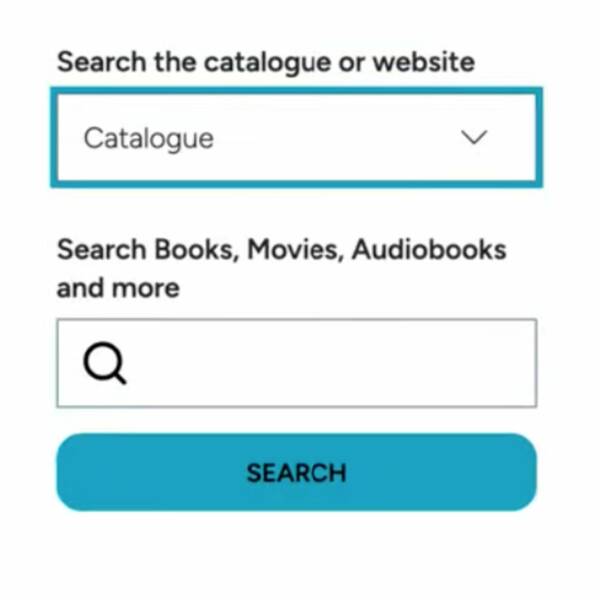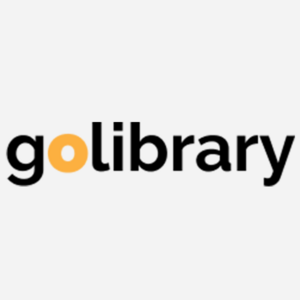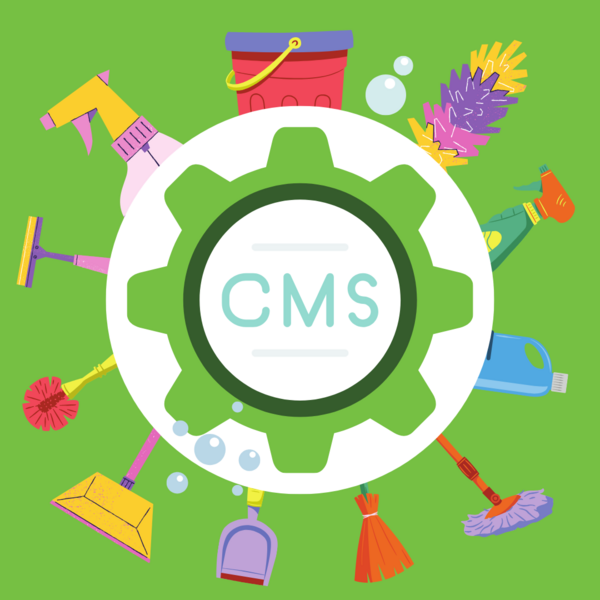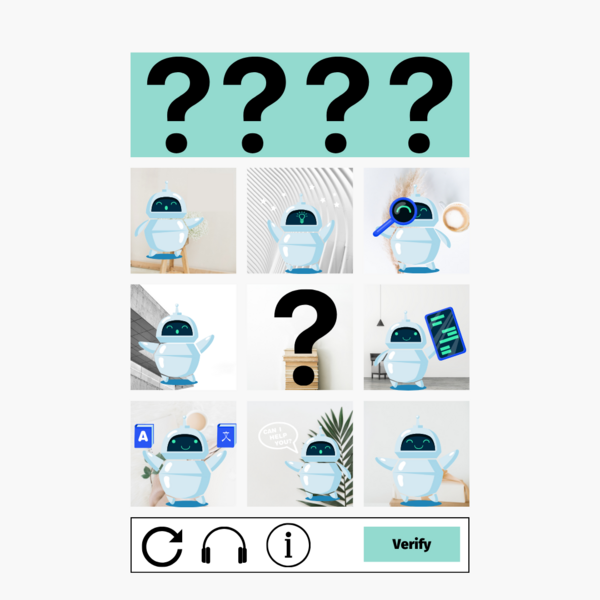Mugo partner since 2023
East Gwillimbury Public Library launches new website and sees immediate increase in use of library services
East Gwillimbury Public Library (EGPL) had a website that was causing problems for patrons and staff alike. The homepage was not editable and staff could only change pages within the body of the site. Because they were unable to update the site’s homepage, the first experience users had was with a dated and crumbling website. It wasn’t accessible. It was relying on old WordPress plugins that were failing and couldn’t be replaced. Certain parts just weren’t functioning at all. It was time to start to go back to the drawing board and design a new site from scratch.
EGPL issued an RFP to find a new web development partner. Mugo Web’s experience with libraries, accessibility, and transparent cost proposal paved the way to help EGPL with its new site.
Staff at EGPL knew from the start that they wanted their site to focus on the patrons’ experience. It needed to feature a clean design, with clear messaging, and a layout that enhanced discoverability. Making sure patrons had as few steps as possible to get to the services they needed was also key. The library also had a new brand that needed to be incorporated into the design.
The team spent much of the design phase talking through what specific library resources should look like to support these goals. Being able to feature EGPL’s Library of Things, eResources, and digital services was important. Drilling down into how long text should be in descriptions, where accordions would be most useful, and how to filter digital resources were all issues that were thoughtfully addressed by the team. The result is a site with an understated but memorable design, full of features to enhance the library’s services and marketing.
Going with Mugo Library also allowed EGPL to add new, built-in features their previous site didn’t have, such as meeting room reservations and native event registration.
While the previous EGPL site had event registration, it was managed by a third-party service. Patrons would be sent to a different site to complete the registration experience. It was a disjointed experience and had issues with accessibility.
The Mugo Library solution has the registration process built into the CMS, which makes the experience seamless for both the patron and the library staff. Everything from the patron side occurs on the same site. Their personal information is only shared with the library and not outside vendors.
“Study room bookings have been the biggest difference operationally in the new site,” Van Gorp said.
The ability to reserve meeting room spaces online was an entirely new feature for EGPL and is one of the features that has had the most significant impact on their services and patron usability. Previously, patrons would have to call or request rooms in person.
Mugo Library meeting room allows EGPL to create individual rooms with custom calendars and schedules for each of their public meeting spaces. Patrons can view an anonymized calendar of availability on the website and select times to request meeting space.
Each of the rooms has a form that can be copied from a base form or customized to fit the purposes and services of the room. The form is sent to the CMS, where library staff can view it to approve, reject, or reassign the space with a click of a button. Patrons get automatic email confirmations for each stage of the approval process.
Staff can easily view the availability calendar with details in the back end so that they can assist patrons when they arrive and ready the room if needed. Programming staff can also book space in the rooms via a simplified form in the backend.
EGPL decided to use the meeting room feature not just for bookable spaces, but bookable equipment. They set up a separate landing page to allow patrons to request the use of equipment in their maker space.
Since the site launched in January 2024, they’ve seen an uptick in the use of their public meeting spaces. “Since launch, we’ve had 319 booking requests for 3 rooms,” says Ben Van Gorp, Acting Deputy CEO. “That’s an 87% increase of requests compared to 2023 for one location, and a 27% increase in requests overall.”
Another improvement the Mugo team was able to make in the usability of EGPL’s site was developing dynamic booklist creation within the CMS. Using the API from EGPL’s BiblioCommons discovery layer, Mugo Web developed an easy-to-use interface for the EGPL staff to build auto booklists using a few selection categories. Staff can select content format, date of addition to the catalog (recency), and targeted audience for new booklists to auto-populate. This saves the staff time when creating content to promote new books for different audiences. They also have the option of manually selecting each title and supplying the reference ID of the list in the CMS for more specific lists. The flexibility of the solution gives EGPL multiple options to showcase its collection across the site. Booklists are featured on the home page, but also on other pages throughout the website.
“It’s changed collection marketing,” Van Gorp reports. “We have a much more active front-page presentation now. It’s been a big part of our push this year for iterative monthly programming in general. We can swap out and rotate content without any problems.”
“Everyone loves the look,” Van Gorp shared about the staff reaction to the new website. “It looks great and functions great, and we enjoy showing it off to customers.”
The tiered editorial access in Mugo Library’s CMS allows for better workflows and delegation of website tasks. Van Gorp agrees, “We have more hands in it than before. Previously only one or two staff members had access, now everyone has.”
Another benefit of the new site has been the level of support provided by Mugo Web. “Continuous support is great,” Van Gorp reported. “We didn’t just get an artifact that we have to maintain on our own, but a site that can evolve, and that’s what we needed.”

Recently, one of our clients came to us looking to archive an older website that was no longer being updated. The site still needed to be accessible to the public for reference purposes. Taking it offline was not an option due to its historical value.
Running the site on a traditional hosting environment meant paying for a full web server, application runtime, monitoring, and associated maintenance — all of which were unnecessary for a site that no longer required server-side processing.
If you have a legacy site that doesn’t require dynamic content, migrating it to AWS S3 and CloudFront can be a highly cost-effective solution, all while ensuring it remains accessible, secure, and efficient.
Automating website management tasks like SSL certificate renewal is a great way to save time and mitigate human error, particularly if you manage multiple websites. Learn how to automate SSL certificate renewal using Let’s Encrypt and Oracle Cloud Infrastructure DNS API.
Building a website often comes down to choosing between “best–of-breed” services and cost-effective solutions that meet your business needs while being relatively easy to manage. Here we explore AWS services for automated text messaging and email, and compare them with other 3rd party options in the context of work done for GoLibrary.
Newly revised rules from the ADA regarding digital accessibility mean libraries in the United States have until April 26th, 2026, to ensure they are conforming to WCAG 2.1 AA standards. What does this entail, and how can a library system start making content more accessible?

Tabbing through a web page can be a frustrating experience. The user tabs to access a menu, but with the keyboard's next tap, they’ve moved on to another page element and have to retrace their steps to access the desired content.
For users who rely on keyboard navigation, this can be a major accessibility roadblock. And for other site visitors, it’s just poor UX.
Fortunately, you can implement a fairly straightforward function in JavaScript called a “focus trap” to ensure users don’t leave the page area they’re in without intending to do so.

Mugo partner since 2024
An initiative led by the Northern Lights Library System to promote library services to Indigenous communities

WordPress can be a great option for easy website development, but because of the rapid evolution of the CMS, it can lead to inefficient code and slow loading pages. We'll show you how to clean up unused CSS and JS from pages to improve site-wide performance.

CAPTCHA is an essential need on online forms, but to be blunt, the UX sucks. Without the implementation tips (helpfully detailed below), Google’s otherwise reliable reCAPTCHA service implemented “as-is” doesn’t actually provide any browser validation. The user will have to wait for it to make a time-consuming round trip to the server. It’s a problem for anyone and becomes compounded for users with accessibility needs.